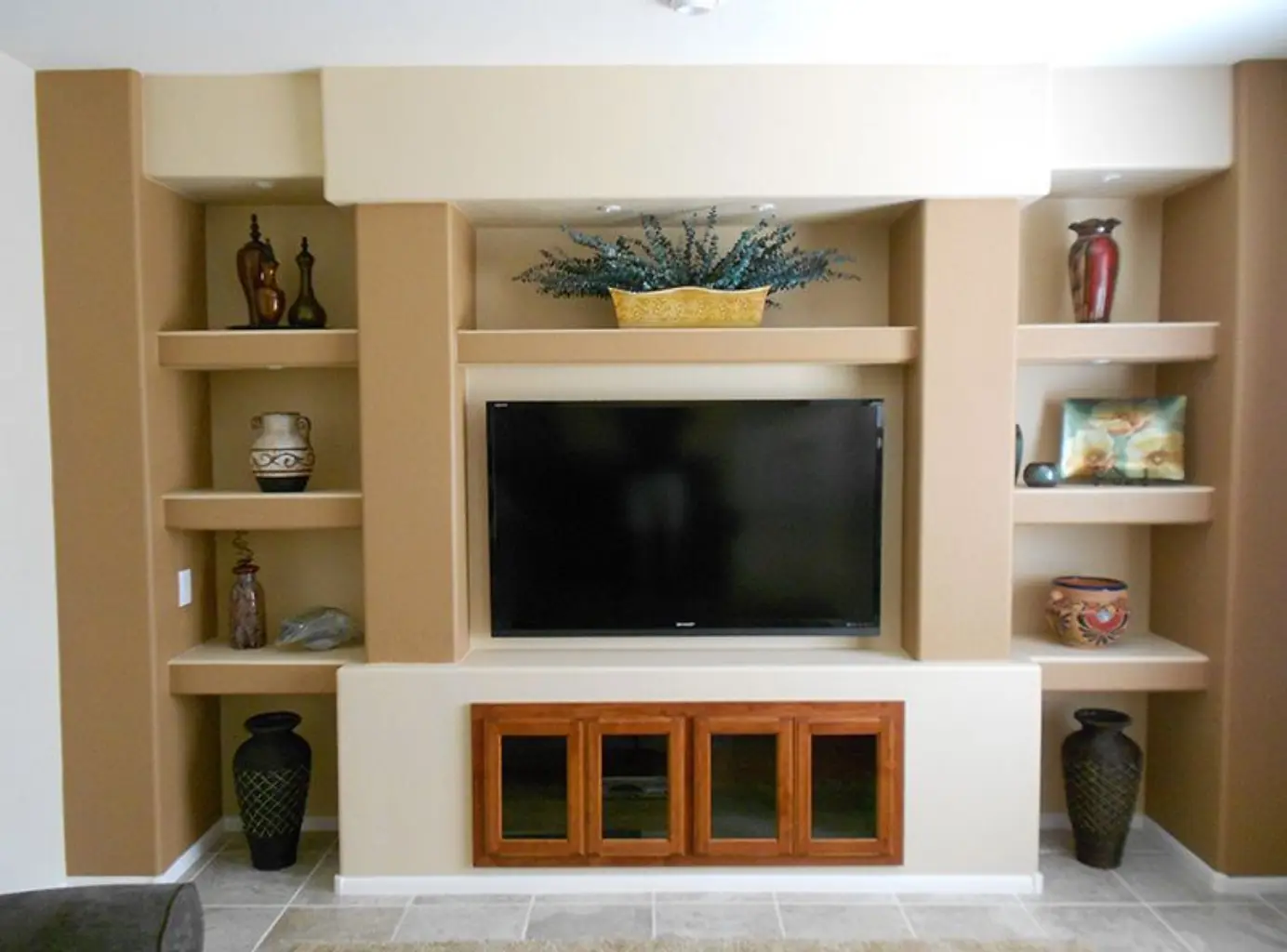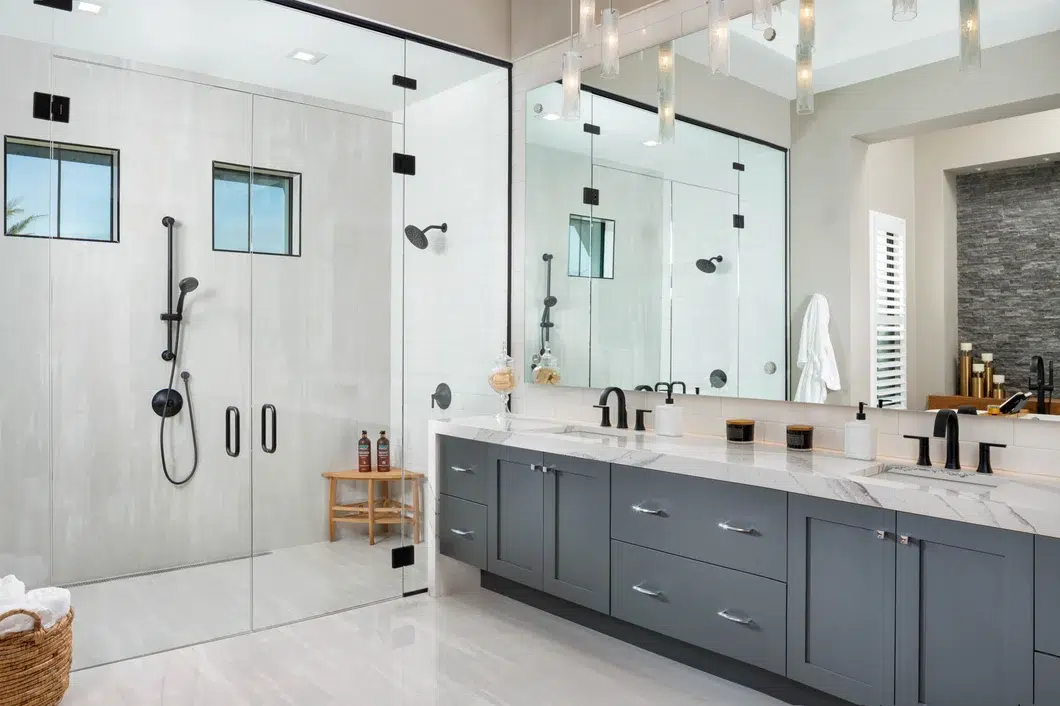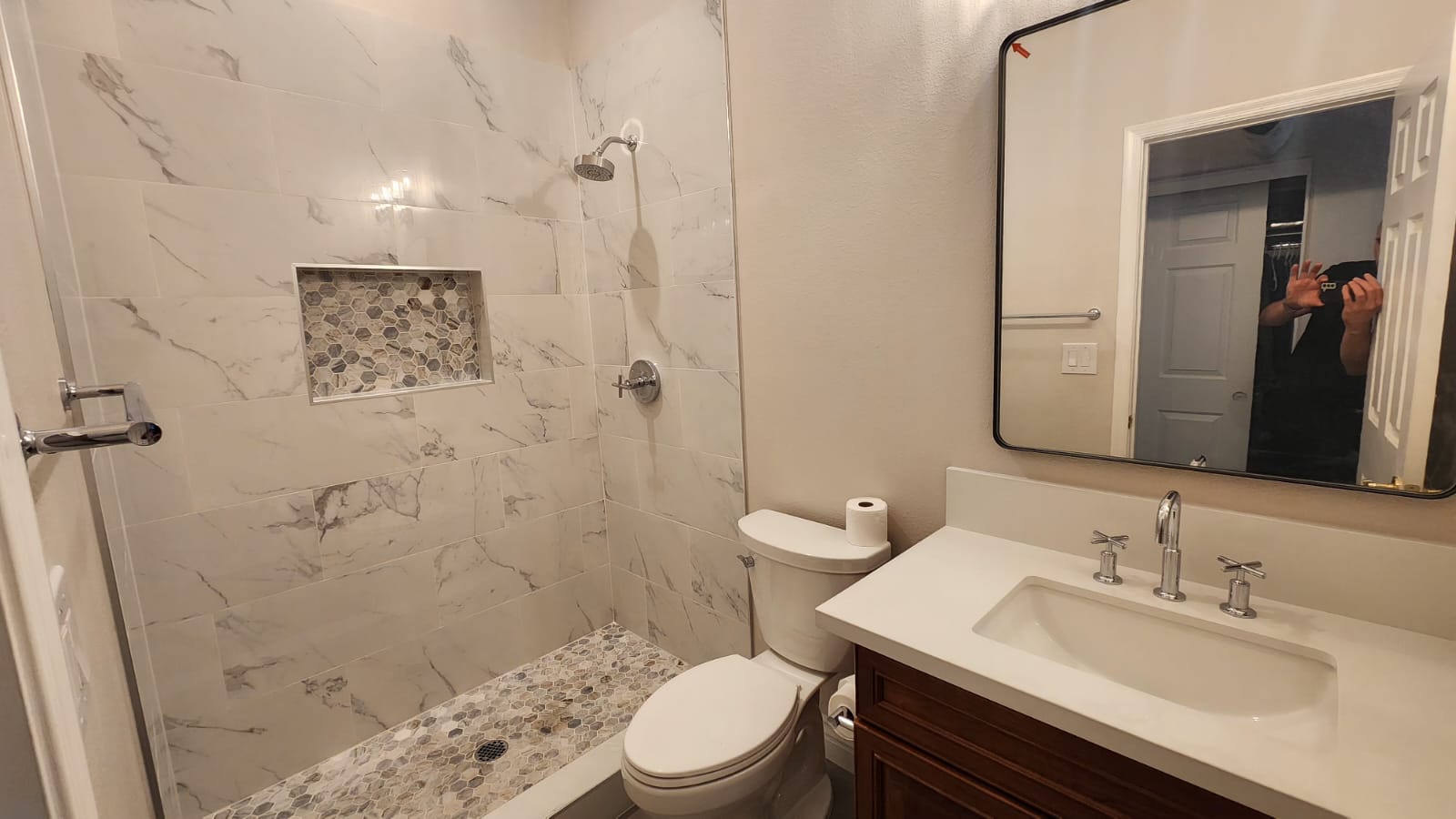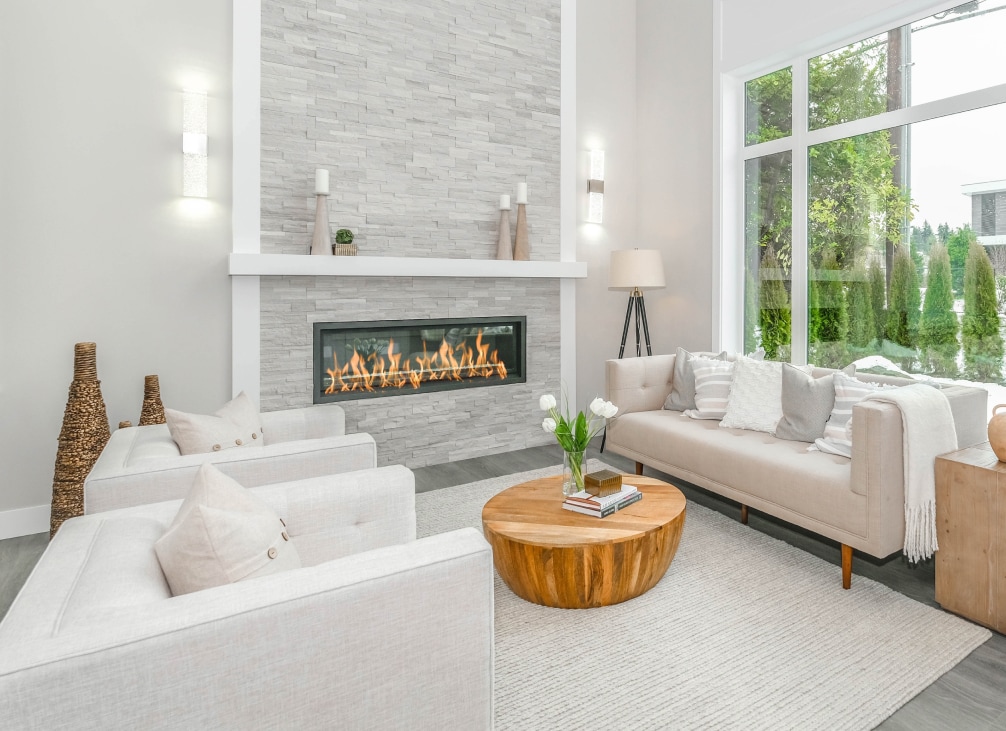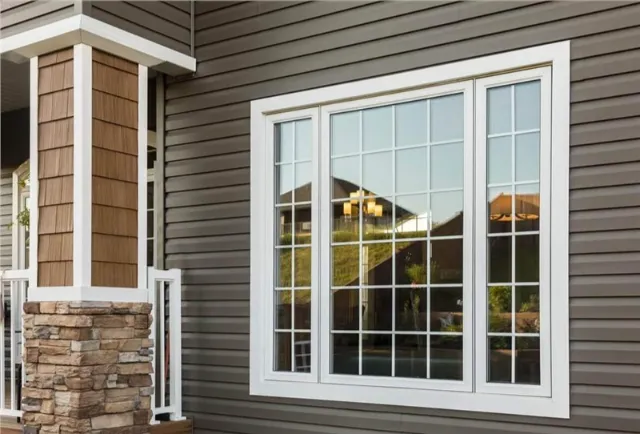Looking to build or renovate your dream home? Finding the right home contractor can make all the difference between a smooth project and a costly nightmare. With construction costs climbing in 2025, it’s more important than ever to hire a skilled, reliable professional who delivers quality work on time and within budget. Let’s dive into how you can find the perfect home contractor for your next project.
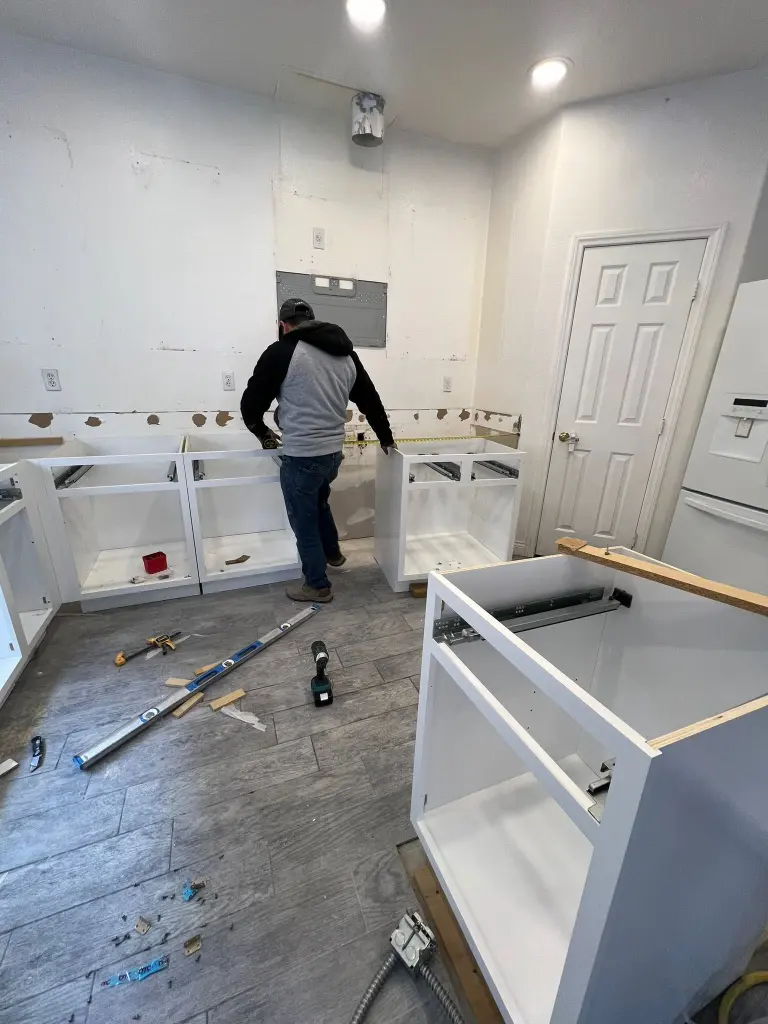
What to Look for in a General Contractor
When searching for a home contractor, you need to check a few key things first. Start by verifying their license and insurance – this is non-negotiable! A good contractor will happily provide proof of both.
Experience matters too. Ask how long they’ve been in business and request to see photos of past projects similar to yours. Don’t be shy about asking for references from previous clients. A reputable home contractor will have plenty of happy customers willing to vouch for their work.
Here’s a quick checklist when evaluating potential contractors:
- Valid contractor’s license for your state
- Proper insurance coverage (liability and workers’ comp)
- Clear, detailed written estimates
- Specific timeline for project completion
- Strong communication skills and responsiveness
- Positive reviews and references
Finding the Right Home Contractor for Your Building Project
Word-of-mouth remains one of the best ways to find a quality home contractor. Ask friends, family, and neighbors who’ve recently completed similar projects. Their firsthand experiences can give you valuable insights you won’t find online.
Online platforms like Angi, HomeAdvisor, and even local Facebook groups can help too. Many contractors showcase their work on social media, giving you a peek at their style and quality. When you interview potential contractors, pay attention to how well they listen to your ideas and concerns. The right home contractor will ask thoughtful questions about your vision rather than simply pushing their own agenda.
Homeowner Insurance and Property Considerations
Before work begins, chat with your insurance agent about how your renovation might affect your homeowner’s policy. Some projects may increase your home’s value, requiring adjustments to your coverage. Other modifications might even qualify you for insurance discounts if they improve safety or durability.
Always make sure your home contractor’s work meets local building codes and permit requirements. Cutting corners here can cause huge headaches down the road, especially if you decide to sell. Keep all documentation related to your project, including permits, contracts, and proof of payment, in a safe place.
Annual Discounts for Building Homes in America
Did you know that building or renovating your home can unlock various financial benefits? Many utility companies offer rebates for energy-efficient upgrades. In 2025, several tax credits are still available for solar installations, energy-efficient windows, and improved insulation.
Some home contractors specialize in these “green” improvements and can help you navigate the paperwork to claim these incentives. Ask potential contractors if they’re familiar with current rebate programs in your area. A knowledgeable home contractor can often help offset some of your project costs through these programs.

Conclusion: NAHB Resources for Your Contractor Search
The National Association of Home Builders (NAHB) offers fantastic resources for homeowners looking to hire a contractor. Their website includes a directory of certified professionals and guidance on contracts and the building process.
Remember that the cheapest bid rarely equals the best value. Focus on finding a home contractor who communicates clearly, has verifiable credentials, and demonstrates genuine interest in bringing your vision to life. Taking time to find the right professional now will save you countless headaches and potentially thousands of dollars as your project unfolds.
Frequently Asked Questions
How much should I expect to pay a home contractor for a deposit before work begins?
Most reputable home contractors ask for 10-30% upfront. Never pay more than a third of the total cost before work starts. The payment schedule should be clearly outlined in your contract, with payments tied to project milestones rather than calendar dates. Always get receipts for every payment.
What should I do if my home contractor isn't meeting deadlines or quality expectations?
First, have a direct conversation referencing specific issues and your written contract. Document everything with photos and emails. If problems persist, consider bringing in an independent inspector. As a last resort, consult an attorney specializing in construction disputes. Never withhold payment without legal guidance.
Do I need to be home while the contractor is working on my house?
Not necessarily, but it’s good to be available for questions. Establish clear communication channels and schedule regular check-ins. Make sure contractors have access to work areas and know house rules. For major decisions or inspections, plan to be present. Always keep valuables secure.

